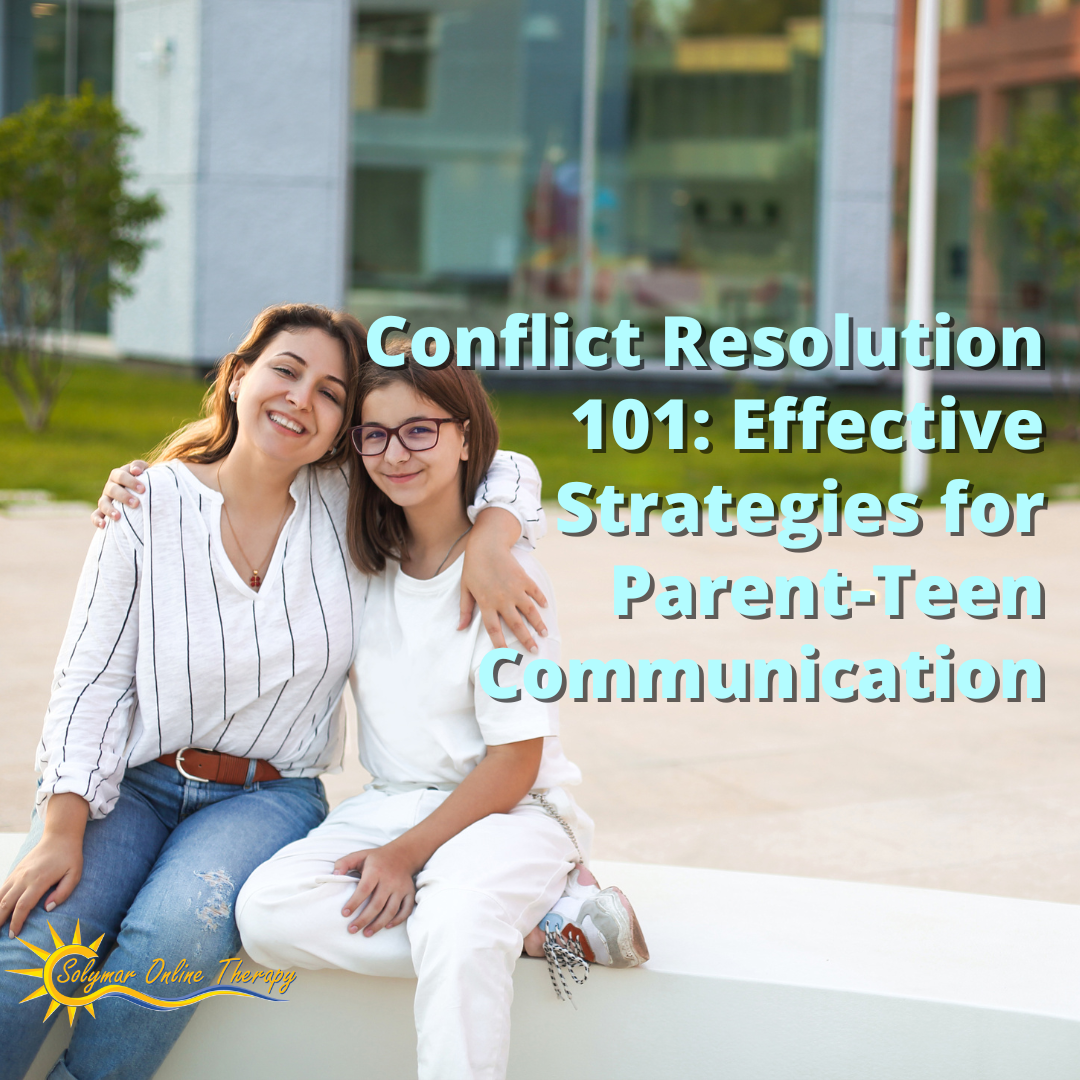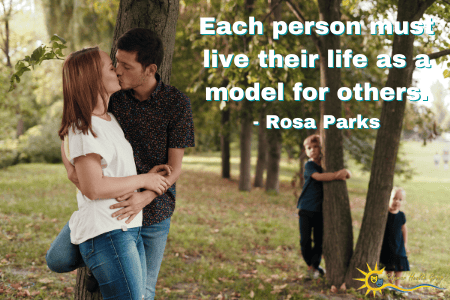![Conflict Resolution 101: Effective Strategies for Parent-Teen Communication]() Introduction
Introduction
Effective communication between parents and teenagers is essential for maintaining a healthy and harmonious family environment. However, conflicts are bound to arise as both parties navigate through adolescence-a critical phase of growth and development. These conflicts can be both frustrating and challenging, but they also present opportunities for growth and understanding. In this blog article, we will explore conflict resolution strategies for improving parent-teen communication, fostering empathy, and building stronger relationships within the family.
Understanding the Nature of Parent-Teen Conflicts
Adolescence is a time of significant change, marked by physical, emotional, and psychological transformations. For teenagers, it's a period of seeking independence, forming their identities, and asserting their individuality. On the other hand, parents often find themselves grappling with the shifting dynamics of their relationship with their teenage children. These differences in perspectives can lead to conflicts, but by understanding the underlying causes, parents can better approach the resolution process.
-
Active Listening: One of the fundamental aspects of effective communication is active listening. When conflicts arise, both parents and teenagers should be encouraged to actively listen to each other's concerns without interruption. It is crucial to validate the other person's feelings and experiences, even if they differ from your own. This practice helps build empathy and lays the foundation for constructive conversations.
-
Empathy-Building Exercises: Encouraging empathy within the family can be transformative for conflict resolution. Parents can organize empathy-building exercises or engage in activities that allow each family member to see the world from others' perspectives. These exercises help create a deeper understanding of each other's feelings and challenges, reducing the likelihood of misunderstandings and conflicts.
-
Establishing Boundaries and Expectations: Clear and reasonable boundaries and expectations can prevent many conflicts from arising in the first place. Both parents and teenagers should be involved in setting these guidelines collaboratively, ensuring that everyone's needs and concerns are considered. When conflicts do occur, referring back to these established boundaries can help guide the resolution process.
Effective Conflict Resolution Strategies
-
Remain Calm and Respectful: It's natural for conflicts to evoke strong emotions, but reacting impulsively can escalate the situation further. Encourage both parents and teenagers to remain calm and respectful during disagreements. Avoid raising voices or using hurtful language. Instead, focus on expressing thoughts and feelings calmly and assertively.
-
Take a Timeout: Sometimes, emotions can run high, making it difficult to have a productive conversation. In such instances, it's okay to take a break and revisit the issue when everyone has had time to cool down. A timeout can prevent the conflict from intensifying and give all parties a chance to gather their thoughts.
-
Use "I" Statements: Teach parents and teenagers to use "I" statements instead of "you" statements when expressing their concerns. For instance, saying "I feel hurt when..." is more constructive than "You always..." which can feel accusatory and defensive. "I" statements encourage ownership of feelings and promote open dialogue.
-
Seek Common Ground: During conflicts, identify areas of agreement and shared interests. Focusing on common ground can help in finding solutions that satisfy both parties' needs. Encourage compromise and remind family members that reaching an agreement is a team effort.
External Support and Professional Mediation
In some cases, conflicts may persist despite efforts to resolve them within the family. In such instances, seeking external support or professional mediation can be beneficial. There are several resources available for parents and teenagers facing communication challenges:
-
Family Counseling Services: Family counseling provides a safe space for open communication and guidance from trained professionals. These sessions can help identify root causes of conflicts and provide constructive strategies for resolution.
-
Mental Health Helplines: Various mental health helplines in the UK offer support for families dealing with communication and relationship issues. Organizations like Mind (https://www.mind.org.uk/) and YoungMinds (https://youngminds.org.uk/) provide resources and assistance for young people and their parents.
-
Parenting Workshops and Support Groups: Joining parenting workshops or support groups can be valuable for parents seeking advice and insights from others who have faced similar challenges. These groups provide a platform for sharing experiences and learning from one another.
Conclusion
Conflict resolution within parent-teen communication is an ongoing process that requires patience, understanding, and active efforts from all family members. By actively listening, building empathy, and employing effective conflict resolution strategies, parents and teenagers can foster stronger relationships and build a harmonious family environment. When conflicts persist, seeking external support from professionals or helplines can provide valuable assistance in navigating through challenging times. Remember, conflict is a natural part of any relationship, and when handled with care and respect, it can lead to growth, understanding, and deeper connections within the family.
Sources:
- Family Lives. "Parenting Teenagers." https://www.familylives.org.uk/advice/teenagers/.
- Psychology Today. "5 Strategies for Effective Parent-Teen Communication." https://www.psychologytoday.com/gb/blog/surviving-your-childs-adolescence/200908/five-strategies-effective-parent-teen-communication.
- Health Direct. "Parent-teen conflict - communication." https://www.healthdirect.gov.au/parent-teen-conflict-communication.
- American Psychological Association. "Effective Communication Between Parents and Teens." https://www.apa.org/helpcenter/teens-communication.
Hashtags: #ParentTeenCommunication #ConflictResolution #EffectiveStrategies #ActiveListening #EmpathyBuilding #FamilyRelationships #UK #Adolescence #ParentingWorkshops #MentalHealthHelplines #SupportiveFamily #Teenagers #CommunicationSkills #HealthyFamily #TeenGrowth #EmpatheticParenting

 Introduction
Introduction




